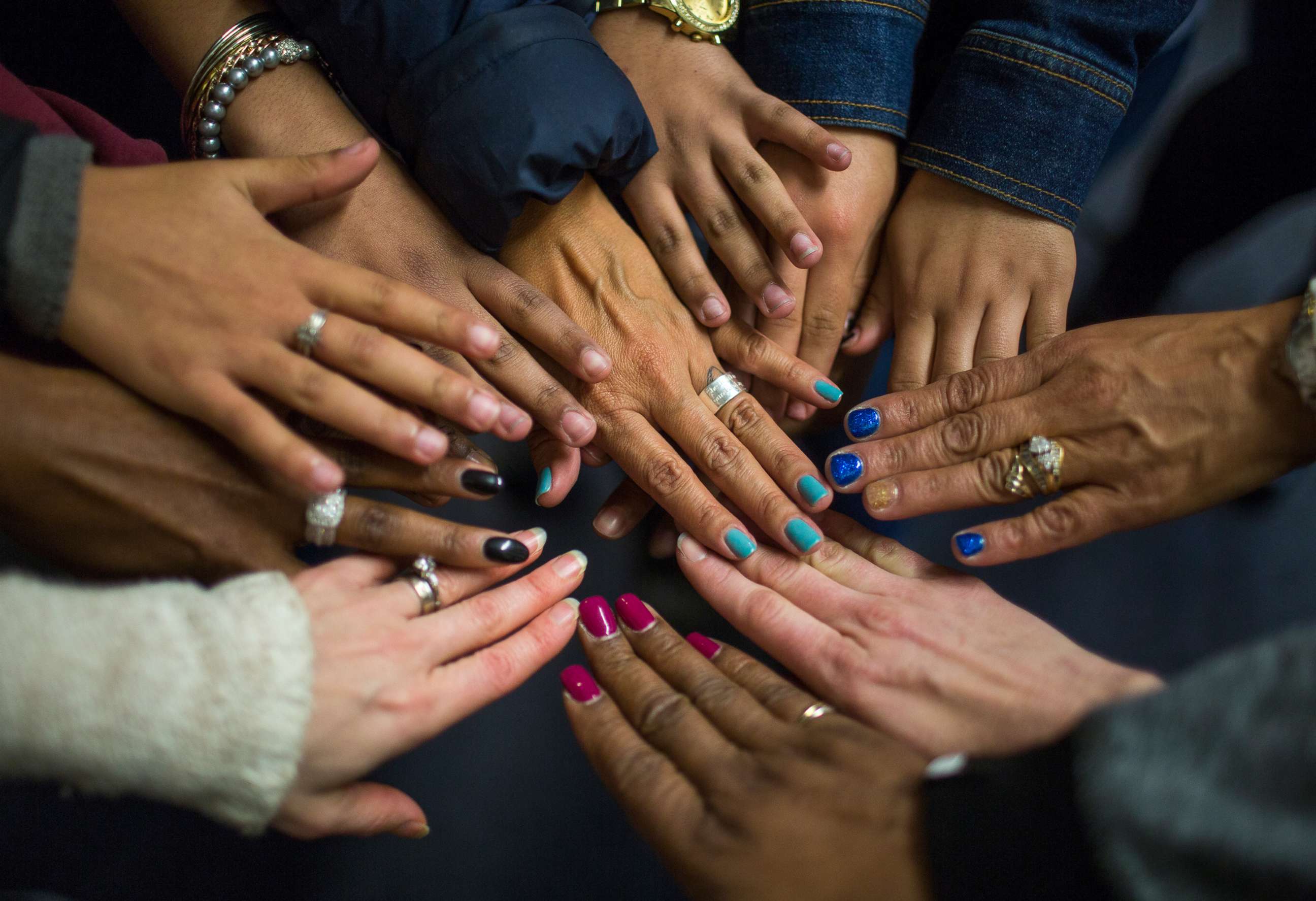How to identify human trafficking victims often 'hidden in plain sight'
Today is National Human Trafficking Awareness Day.
— -- Today is National Human Trafficking Awareness Day, created by Congress in 2007 to “raise awareness of and opposition to human trafficking.”

Human trafficking is modern-day slavery and may involve, force, fraud or coercion in exchange for labor or commercial sex acts. There are over 20 million victims worldwide in the $32 billion-a-year global human trafficking industry, according to the U.S. State Department.
Victims are often “hidden in plain sight,” and can be any age, race, gender or nationality, according to the U.S. Department of Homeland Security. Here are some questions to consider when identifying possible human trafficking, provided by the department’s Blue Campaign:
- • “Does the person appear disconnected from family, friends, community organizations or houses of worship?
- • Has a child stopped attending school?
- • Has the person had a sudden or dramatic change in behavior?
- • Is a juvenile engaged in commercial sex acts?
- • Is the person disoriented or confused, or showing signs of mental or physical abuse?
- • Does the person have bruises in various stages of healing?
- • Is the person fearful, timid or submissive?
- • Does the person show signs of having been denied food, water, sleep or medical care?
- • Is the person often in the company of someone to whom he or she defers? Or someone who seems to be in control of the situation, e.g., where they go or who they talk to?
- • Does the person appear to be coached on what to say?
- • Is the person living in unsuitable conditions?
- • Does the person lack personal possessions and appear not to have a stable living situation?
- • Does the person have freedom of movement? Can the person freely leave where they live? Are there unreasonable security measures?”
If you believe you’ve witnessed human trafficking, do not confront a suspected trafficker directly or alert a victim. Instead, contact local law enforcement or call 1-866-DHS-2-ICE (1-866-347-2423) anytime to reach the U.S. Immigration and Customs Enforcement (ICE) Homeland Security Investigations tip line. You may also submit a tip at www.ice.gov/tips.
If you are a victim of human trafficking and would like to get help, contact the National Human Trafficking Hotline (NHTH), at 1-888-373-7888 or text HELP or INFO to BeFree (233733).
President Donald J. Trump continued President Obama’s proclamation of January as National Slavery and Human Trafficking Prevention Month. In the proclamation for January 2018, President Trump said he will “sign into law S. 1536, the Combating Human Trafficking in Commercial Vehicles Act and S. 1532, the No Human Trafficking on Our Roads Act” to prohibit trafficking offenders from operative commercial vehicles, improve government coordination against trafficking and improve efforts identifying, stopping and reporting human trafficking.




